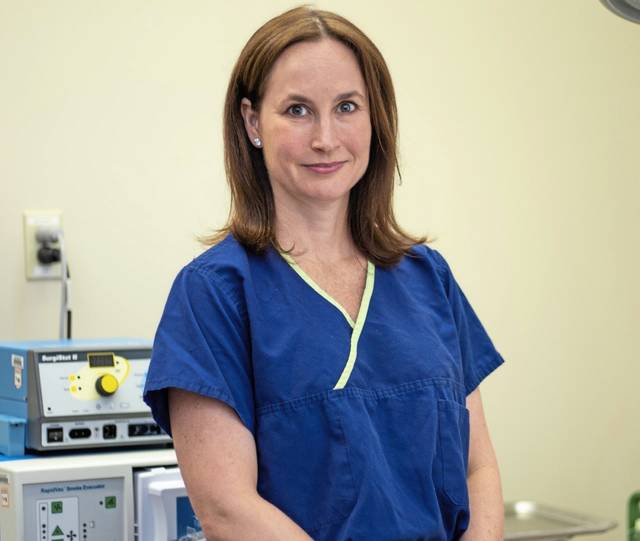Here are some tips about how to avoid and treat a sunburn:
1. How should you prevent sunburn?
Sunburn is an injury to the skin caused by over-exposure to ultraviolet light from the sun. The best way to prevent sunburn is to avoid excessive sun exposure especially during the most intense part of the day between 10:00 a.m. and 2:00 p.m. You can also block the harmful rays by wearing protective clothing, long sleeves/pants, a wide brim hat and by applying sunscreen often. It’s also a good idea to find a shady area and get out of the sun during that time.
2. What kind of SPF is recommended?
I recommend a sunscreen of SPF 30 or higher. It should also be reapplied every two hours and more often after swimming or exercising.
3. What are some characteristics of a sunburn?
A sunburn causes the skin to be warm or hot to the touch and can cause pain, tenderness, and itching. A typical sunburn can take anywhere from one to three days to heal. But, in severe cases there can be swelling and small fluid-filled blisters and headache, fever, nausea and fatigue.
4. If someone does get sunburned what’s the best way to treat it?
Most sunburns can be treated at home by applying cool compresses on the skin to relieve the pain and itching. Over the counter First-Aid creams, such as hydrocortisone contain an anesthetic which also relieves pain. Use creams that contain .05 or 1-percent hydrocortisone and slather on as needed. NSAIDs like ibuprofen or naproxen can also be taken for pain.
5. When should you see a doctor for sunburn?
For more severe sunburns, it’s important to watch for signs of infection. These include increased pain, increased warmth or redness, swelling around the blisters and fever over 100 degrees Fahrenheit. If that happens, it’s best to contact your doctor. It’s also important not to peel off the blistered or peeling skin. The blister provides protection and allows the burned skin to heal below. Tense blisters can be drained with a sterile needle used to puncture the area but DO NOT remove the skin.
Dr. Laura Korb Ferris is a dermatologist and associate professor at the University of Pittsburgh Clinical and Translational Science Institute, where she is also director of clinical trials for the UPMC Department of Dermatology.

